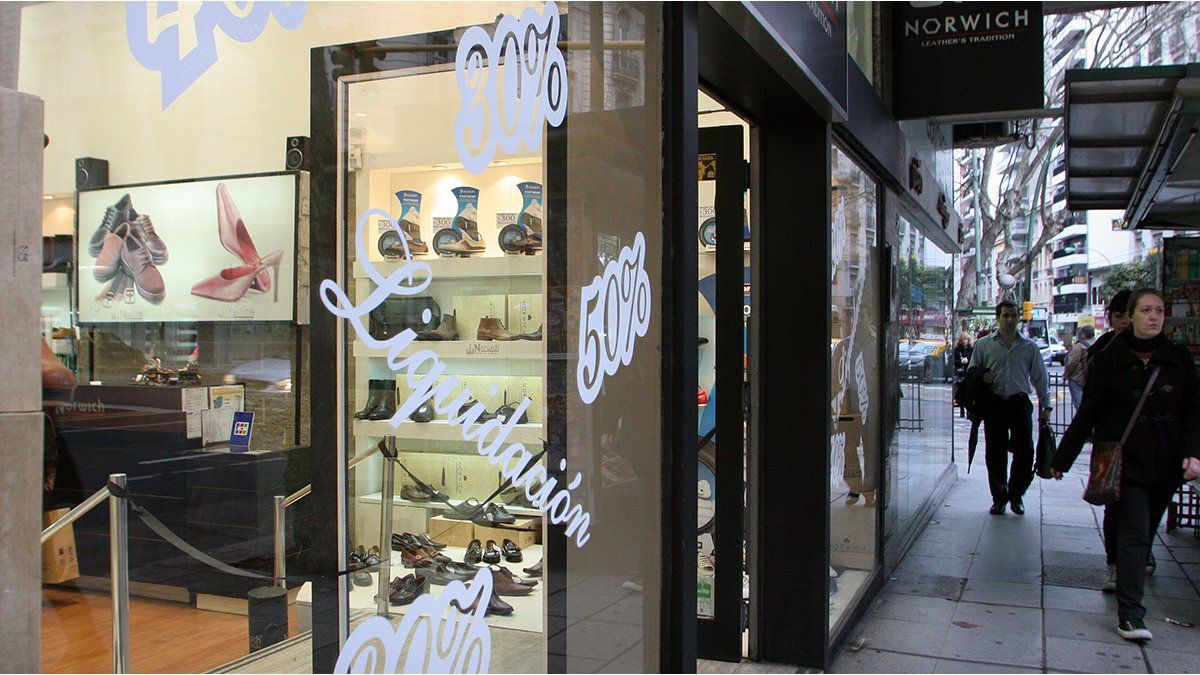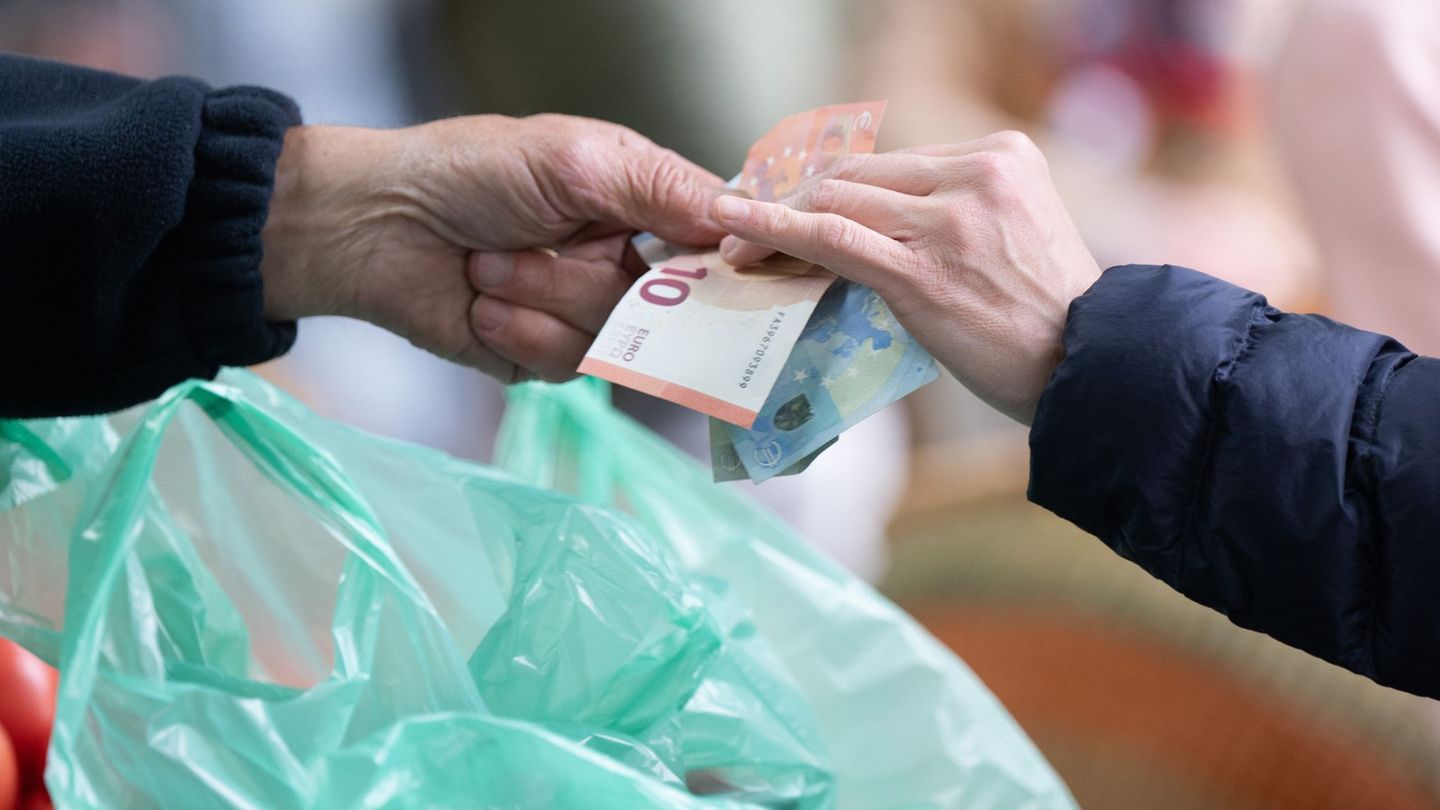For example, the Consumption Indicator (CI) of the Argentine Chamber of Commerce and Services (CAC) it registered a decline of 1.6% in July in the interannual comparison, while in the seasonally adjusted measurement the contraction was 1.6% compared to June.
Anyway, the indicator accumulates growth of 2.9% year-on-year in the first seven months of the year“although the loss of dynamism seen in recent months would continue to accentuate”, they pointed out from the entity, and detailed: “The downward trend in the interannual growth rates exhibited by the CI from January continues to deepen and marks a new negative value in July 2023”.
In the same line, from the CAME they had indicated that SME retail sales fell for the seventh consecutive month in July, standing 3.6% below the same month in 2022. In the monthly comparison, the retraction was 3.2%, while in this case the accumulated figure for the first seven months marked a fall of 1.6%.
“Inflation is hitting consumption in all areas of the economyexcept in the pharmaceutical sector. The most affected sector during the month of July was Textile and Clothing, which contracted 7% annually compared to the previous month. The decline in Food and Beverages also stands out, with a significant interannual variation of 4.3%. People are spending less on goods and services, which is causing an economic slowdown,” explained the entity that brings together small and medium-sized businesses.
Future projections
When analyzing the factors that explain the drop in consumption, from the CAC they mentioned inflation along with “a level of activity with a large negative trend”. “In addition, there was a significant contraction in the purchasing power of households in July, stringing together ten consecutive months with negative interannual variations”, explained the entity.
When projecting what can be expected in the near future, they detailed: “The sustaining of the negative sign of the trade balance, the hit revenue effect of the drought, the economic contraction and the continued fall in reserves, added to the fiscal goals set by the IMF, limit the promotion of public policies that recompose wages and that can encourage consumption. The announcement of the agreement with the international financial organization somewhat relaxed the scenario regarding reserves, but not the fiscal one, since it maintained the position that a deficit of 1.9% of GDP should be maintained at the end of the year. However, the discrete jump in the exchange rate post-primary elections indicates that inflation in August 2023 would be higher and, consequently,, It would imply a further deterioration in real income and, therefore, in the Consumption Indicator”.
Along the same lines, LCG pointed out that “the devaluation implemented post STEP will have a correlate in a higher nominal value, which will erode purchasing power even faster, impacting consumption”.
“The fact that inflation is accelerating will hit consumption. This leads to a general impoverishment of the people and especially of those who have less to spend, less income. If you are poorer, you can buy less”, Aldo Abram, Executive Director of the Libertad y Progreso Foundation, explained to Ámbito.
“We are seeing the loss of purchasing power of our currency partly because people are fleeing the peso and another part because the Central Bank is issuing a lot. There is also a part that has to do with the flight of Argentine savings, which become dollars and those currencies go under the mattress. But that means that domestic demand is being underfunded, which causes consumption and investment to fall,” the economist concluded.
Source: Ambito




